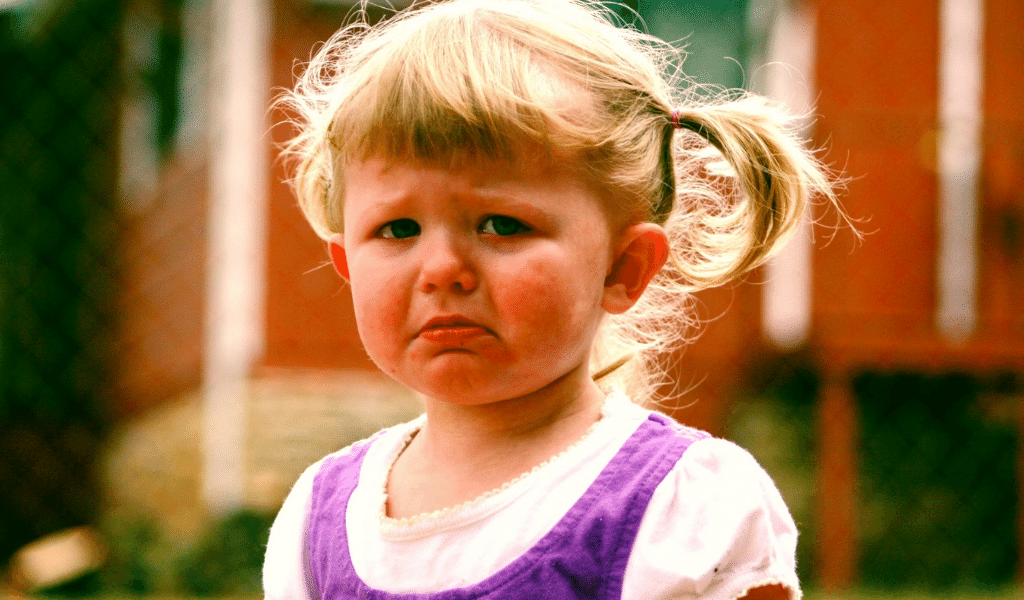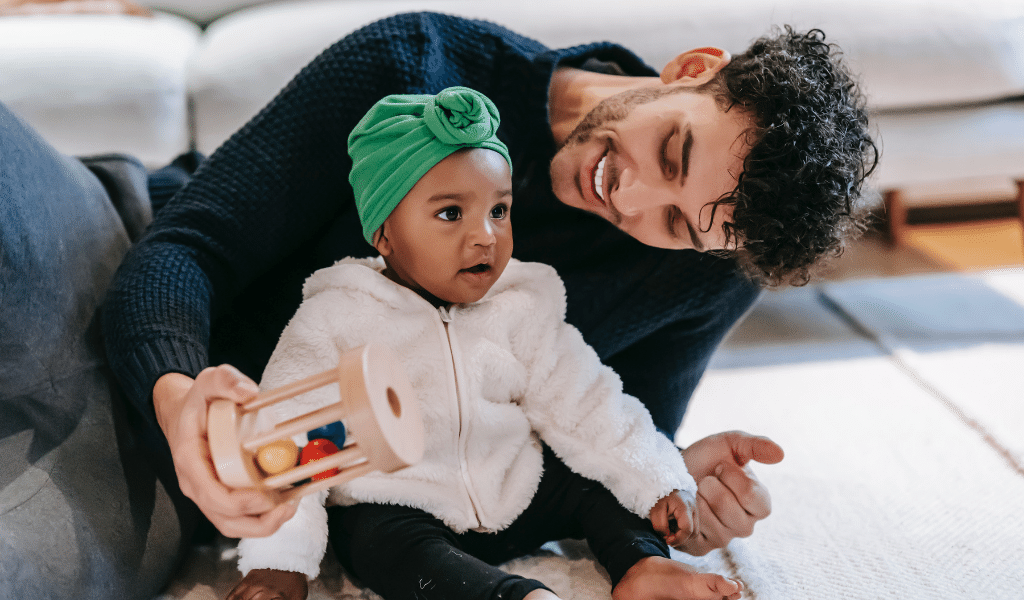The world has been on an emotional rollercoaster over the past year and it goes without saying that it has had a massive impact on all of us. There have been days when I’ve been as strong as an ox and days when I have felt like crying into my cornflakes! My emotions have been difficult to keep in check so how much harder must it be for our young children, who are still learning how to deal with these big emotions on a day-to-day basis.
Children will have responded differently to the pandemic and will have different lived experiences. One child may have been in a bubble with some extended family members whilst another may have been isolated with only one parent and no siblings. Several children will have had access to gardens while many children will not have had any access and for them, lockdown could have felt like a prison.
Children’s behaviour may also have regressed after this time away from our settings, and we may find they begin wetting themselves again, thumb sucking or becoming excessively clingy to a carer. We must ensure that we offer understanding, reassurance and security at this time and do not chastise these behaviours. They will pass with time as the child begins to feel more safe and secure. In addition, children may have experienced a sense of loss, they may be in families who have been bereaved, or are simply feeling unsettled with the changes in our settings and social lives during Covid-19.

The good news is that many children have coped really well during lockdown – and that’s great news! They have been bounding into our settings as if they have never been away. We know that children are resilient and bounce back after difficulties fairly easily so it would make sense that lots of our children have settled back in really well. However, we must make sure we don’t assume that all children are OK and that all children will settle in easily. There are several groups of children who will find it more difficult – I’ve outlined three here but you can probably think of more:
We also need to be aware that young children may not yet know how to fully express their emotions or they may not do so in a way that some adults would deem appropriate or acceptable. Emotion coaching is a great approach we can use which supports children to better understand their emotions and work out how to respond. The key belief that underpins this way of working is that all emotions are acceptable, but sometimes the way we respond when we feel that emotion may not be. So if a child is feeling very upset because their friend took their toy – we would explain that it’s OK to feel cross and upset but it’s not OK to hit your friend because you feel upset or cross.

Here are some practical ways that you can support your children at the moment:
I will explore these and other ideas in my forthcoming webinar for Kinderly Learn. Adults who work with young children make a big difference to their lives. The way we role-model emotional resilience will have a large impact on how they recover from experiencing the pandemic. So quite frankly – emotions matter!

Tamsin Grimmer is an experienced early years consultant and trainer, the early years director of Linden Learning and a part-time lecturer at Bath Spa University. Tamsin is passionate about young children’s learning and development and has a keen interest in the different ways that children learn. Tamsin is particularly interested in play, active learning, promoting positive behaviour and supporting early language development. She has written four books: “Calling All Superheroes”, “School Readiness and the Characteristics of Effective Learning”. “Observing and Developing Schematic Behaviour” and “Developing a Loving Pedagogy”.